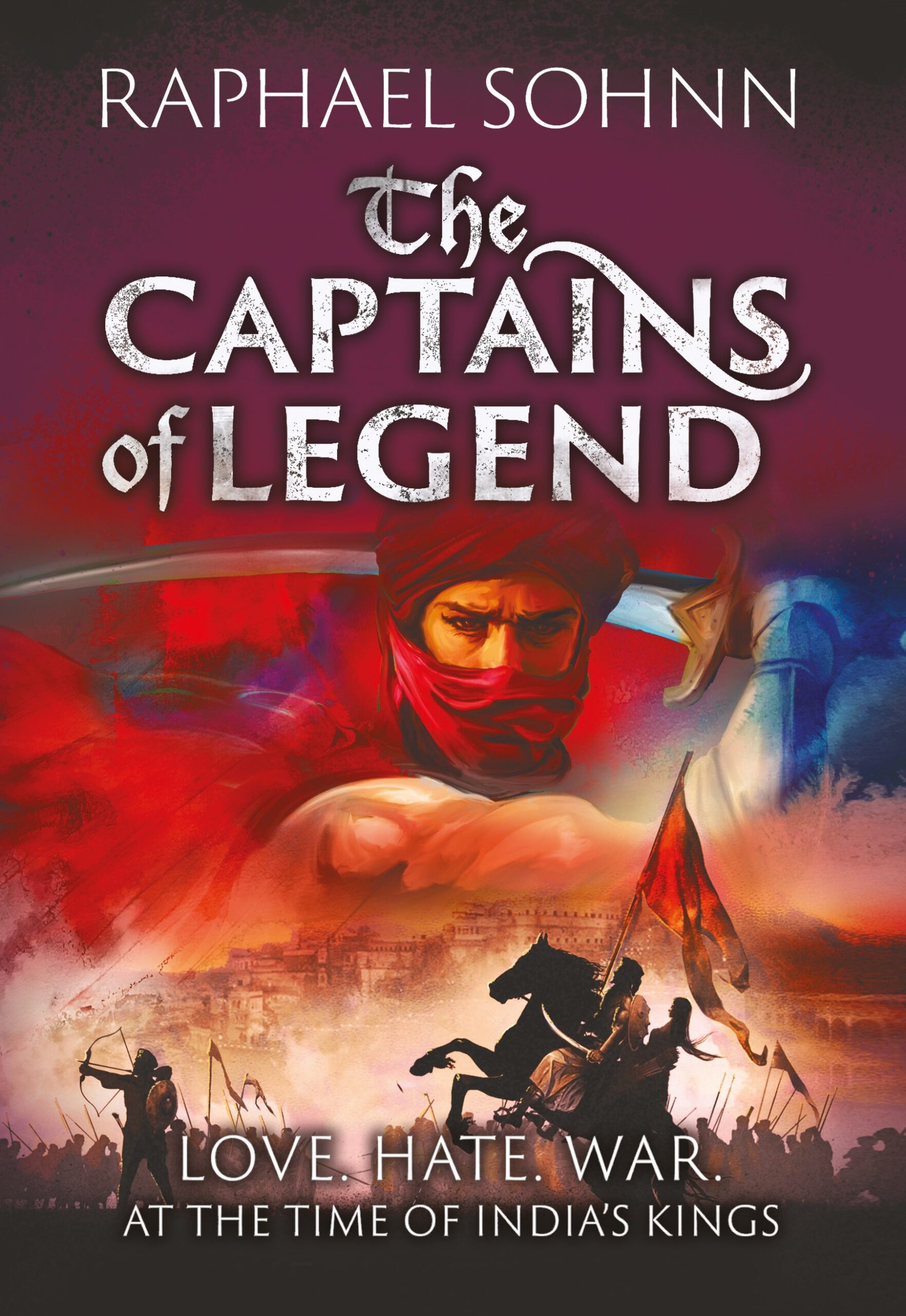The Captains
of Legend
The first book by Raphael Sohnn is available now.
Set in the middle ages of Indian history, a gripping adventure.
Meena, on the brink of adulthood, dreams of living life to the fullest. But she is a princess and sole heir to her father’s kingdom.
Holasiyan, Meena’s oldest friend, has grown up with her in the Saffron Palace, only now their friendship is blossoming into something far deeper. But Holasiyan, already an exceptional warrior, is destined to take his place amongst the King’s fighting elite as generations of his family have done before him.
When dark forces emerge threatening Meena’s life, Holasiyan will do anything to protect his beloved. As events unfold, his selfless actions result in the forging of new friendships, the reforming of past alliances; and the re-emergence of old, bitter grievances that will lead to the uncovering of a dark secret and an oath sworn under duress. Can Meena and Holasiyan’s love survive?
Ethos
The ethos of the protagonists, the primary characters in the first novel and those that he is writing/has written – in a similar universe, and ideas for some set in the near future – is quite simply this; to do the right thing, to follow the righteous path, fighting the good fight along the way if at all possible.
Style
As with most tales of heroism it is also about the journey taken by the lead character(s), fallible as we all are, the protagonists, just like us have their flaws.
Attempting to ground them in reality is further demonstrated in how they face the same constraints as the reader, such as the laws of maths, gravity and physics.
The Captains of Legend and those set in a similar world, though fantasy novels, no supernatural beings or superheroes exist in them. The first book is depicted in what is undoubtedly somewhere in India around 500 – 600 years ago, and though the cultures, religious aspects and even some rituals originating in the sub-continent are implied and sometimes vaguely described, as perhaps mentioned before, they are not explicitly named. This was a deliberate choice on his part, as he feels, tribal allegiances notwithstanding, once stripped bare and all is said done, we all are after all human, bleeding the same blood in spite of the rituals we have learned to perform having been taught to us by our elders, whether we understood them at the time or not. We are bound by far more than that which we are divided by.

